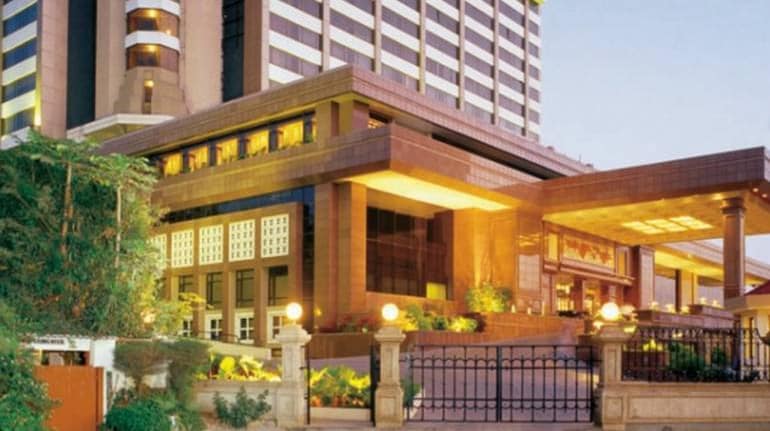



The outbreak of COVID-19 has adversely impacted the occupancy levels at hotels across 11 major cities, resulting in a decline of up to 29 per cent in revenue per available room (RevPAR) during January-March this year, according to JLL India.
While occupancy level fell in a range of 5-17 percentage points, the RevPAR was down 13-29 per cent across 11 cities -- Ahmedabad, Bengaluru, Chennai, Delhi, Goa, Gurugram, Hyderabad, Jaipur, Mumbai, Pune and Kolkata.
"The impact of COVID-19 has severely impacted the domestic hotel and hospitality sector in Q1 2020," property consultant JLL India said in a report.
According to the data, both the occupancy level and RevPAR went down in all the 11 cities individually.
The occupancy level fell most in Delhi at 16.9 percentage points during January-March 2020 as compared with the year-ago period, followed by Jaipur at 16.4 percentage points.
There was a decline of 15.2 percentage points each in the occupancy level in hotels across Mumbai, Bengaluru and Gurugram.
Hotels in Kolkata saw a drop of 13.5 percentage points in the occupancy level. Hyderabad witnessed 12.1 percentage points fall, Pune 11.8 percentage points, Goa 10 percentage points, Chennai 9.7 percentage points and Ahmedabad 5.1 percentage points.
In RevPAR, the maximum fall was seen in Bengaluru at 28.5 per cent, followed by Delhi 20.3 per cent, Mumbai 20 per cent, Kolkata 19.8 per cent, Jaipur 19.6 per cent, Gurugram 19.5 per cent, Goa 15.3 per cent, Chennai 14.8 per cent, Hyderabad 13.6 per cent, Pune 13.4 per cent and Ahmedabad 13.2 per cent.
"Mumbai continues to be the RevPAR leader in absolute terms, despite the decline of RevPAR by 20 per cent in Q1 2020 compared to Q1 2019," the report said.
“Glimpses of travel decline started in late February, and by March, the writing was on the wall that hotels would be facing their toughest test since the global financial crisis," said Jaideep Dang, Managing Director, Hotels and Hospitality Group, JLL India.
The high performance of the hotel industry in 2019 was followed by a positive start in January of 2020, but the situation completely changed within the last two months, he said.
"On back of halted travel, pressure on hotel occupancies will be felt through the year,” Dang said.
The COVID-19 outbreak and the containment measures introduced by the government have resulted in a severe drop in foreign and domestic travel, across both business and leisure travel segments, the report said.
JLL said that the growth and development of the sector will be impacted with new hotel signings getting deferred or cancelled for the time being.
Discover the latest Business News, Sensex, and Nifty updates. Obtain Personal Finance insights, tax queries, and expert opinions on Moneycontrol or download the Moneycontrol App to stay updated!
Find the best of Al News in one place, specially curated for you every weekend.
Stay on top of the latest tech trends and biggest startup news.